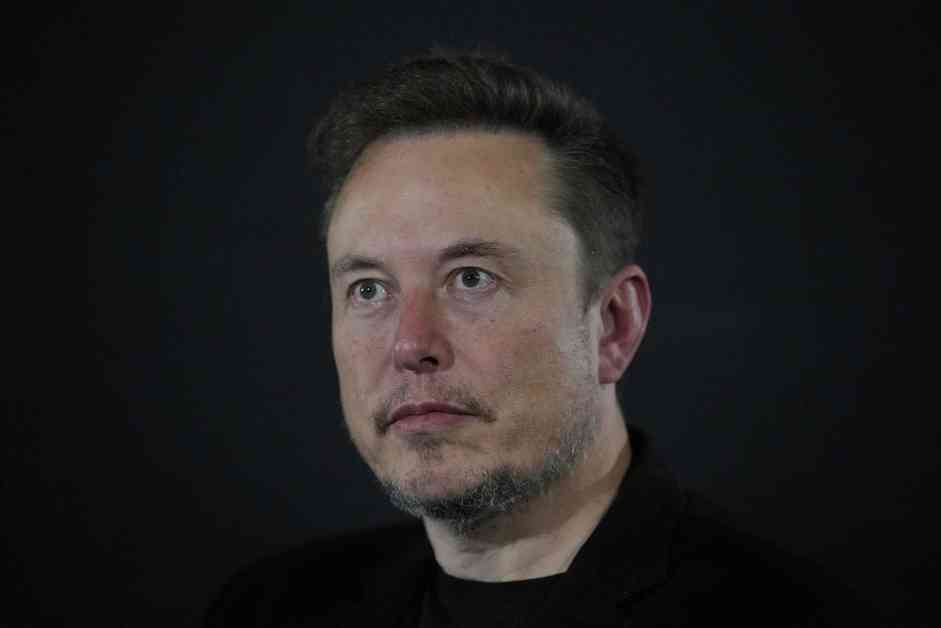Elon Musk has found himself in hot water after being forced to disclose a list of shareholders who aided him in acquiring Twitter. The revelation of these high-profile entities has raised eyebrows and sparked speculation about potential alliances and ulterior motives behind the purchase.
Questionable Shareholders and Alleged Connections
Among the list of shareholders released by X Corp, the parent company of Twitter, are names that have raised concerns and suspicions. Entities linked to Sean “Diddy” Combs, Bill Ackman, Larry Ellison, and Marc Andreessen have been named as contributors to Musk’s acquisition of the social media platform. The disclosure came as a result of a lawsuit filed by former Twitter employees who accused Musk of violating their arbitration agreements by failing to pay certain fees after the purchase.
Notable figures on the list include Saudi Prince Alwaleed bin Talal al Saud, known for his investments in various industries, as well as Jack Dorsey, the co-founder of Twitter. However, what has caught the attention of many is the inclusion of Petr Aven and Vadim Moshkovich, two individuals with ties to Russian President Vladimir Putin.
Possible Putin Influence and Controversy
The presence of Petr Aven and Vadim Moshkovich among the shareholders has fueled speculation about potential Russian involvement in Musk’s acquisition of Twitter. Guy Verhofstadt, a prominent figure in European politics, raised concerns about Putin’s henchmen allegedly assisting Musk in the purchase. Verhofstadt pointed to various actions taken by Musk that could be seen as favorable to Russian interests, such as his stance on Crimea, refusal to allow Ukraine to use Starlink, and support for former President Trump.
Denis Danilov, an expert on Russian politics, described Aven’s Alfa Group as “one of the main wallets for Putin,” indicating a close financial relationship between the billionaire and the Russian president. Similarly, Vadim Moshkovich’s background as a sub-sanctioned Russian agrarian billionaire with ties to Putin’s inner circle further adds to the speculation of Russian influence in Musk’s dealings.
Implications for Twitter and Global Politics
The revelations regarding Musk’s shareholders and their potential ties to Russian interests have raised questions about the objectives behind the acquisition of Twitter. Some observers have suggested that the investors may have ulterior motives beyond financial gain, such as promoting narratives supportive of Putin and Russia, lobbying for actions that benefit the Russian government, and shaping public discourse on international issues.
James O’Brien, a prominent commentator, echoed concerns about X Corp’s connections to the Russian president and highlighted the broader implications of such alliances. The intertwining of business interests with political agendas has raised alarms among those wary of foreign influence on social media platforms and the potential manipulation of public opinion.
In light of these revelations, the need for transparency and accountability in business dealings involving influential figures like Musk and his shareholders has become increasingly apparent. The intertwining of politics, business, and media raises complex ethical and moral questions that cannot be ignored in an era marked by heightened global tensions and geopolitical rivalries.





















